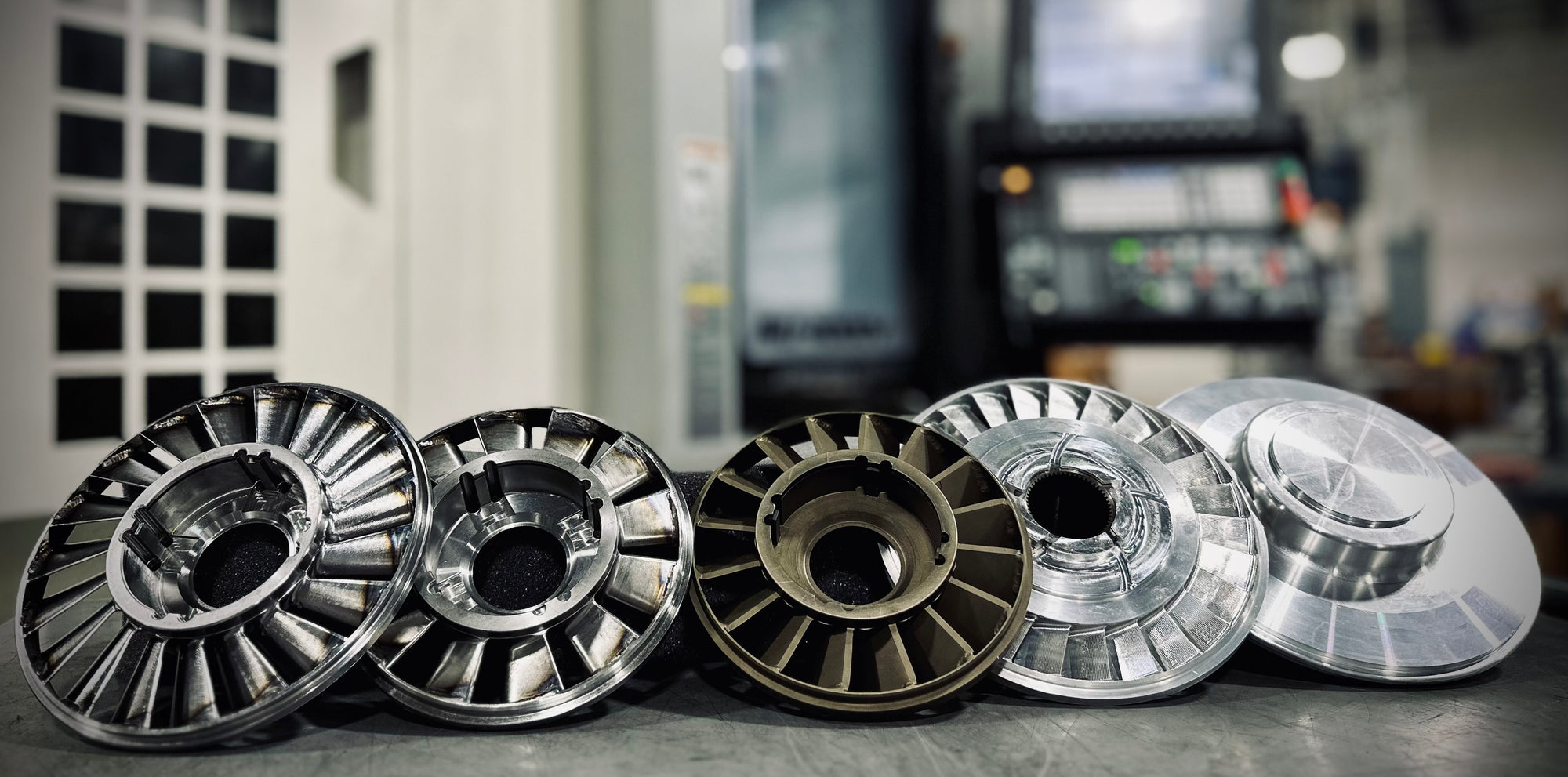You may be familiar with the word “torque convertor” if you are a auto enthusiast. Within the field of automobile engineering, torque converters hold significant importance, specifically in automated transmission systems. These mechanical wonders ensure seamless operation of your car they facilitate power transmission and improve your driving experience. We will explore the complex realm of torque converters in this manual. We will explore their in-depth workings, as well as shed light on the essential function they play in the automobile industry.
Torque Converters How to Know
The Essence of Power Transmission: At its heart, it is a type of fluid coupling that is designed specifically to be used in automatic transmissions. Its main purpose is to transfer power produced by an engine into the transmission. The transmission is then able to drive the wheels. This mechanism is integrated into the automatic transmission, and is able to bridge the gap between the engine power movement and the wheel movement.

Components at Play The torque converter is an advanced device made up of three key components: the impeller, the turbine and the stator. These elements work in harmony to facilitate the conversion of the power and torque.
Breaking Down Mechanism
The mechanisms involved in the torque converter are intricate, with intricate interactions that result in a powerful power transmission:
Impeller Initiation – When the engine begins and the impeller spins, it will be spun. The impeller is basically a fan-shaped structure which moves fluid that is used to drive the converter. When the impeller turns it generates the fluid flow that is able to strike the turbine’s blades.
Turbine Response: A motor connected to the shaft that is used for input of the transmission is activated when the fluid strikes the impeller. This causes the turbine to move and to spin in a manner in line with the motion of the impeller. The turbine generates power by getting energy kinetic.
The Stator’s role in enhancing efficiency
The stator is among the most important components in the torque converter. The stator, which is situated between the impeller (or turbine) and the impeller plays a significant role in increasing the effectiveness of the power transfer.
Fluid Redirecting Mechanism: The stator performs through redirecting fluid flow between the impeller and turbine. This redirection is vital to increasing the output of torque and insuring the efficient transfer of power. The stator regulates the flow of fluid that results in an efficient and efficient operation. For more information, click upgrade torque converter
The importance of Torque Converters in driving
The operation of a torque converter is great significance to driving experiences:
Smooth Transitions. The layout of the torque converter and its mechanics are responsible for the smooth shifts between gears. The fluid coupling feature of torque converters eliminates the need to engage the clutch manually, which results in smooth gear shifts, without interfering with power flow.
2. Stalling and Idling Prevention: Torque Converters play a significant role in preventing the occurrence of stalls as well as engine idling. The fluid coupling enables the engine to run regardless of whether the vehicle is stationary. This allows for a steady idle and also makes it unnecessary to engage the clutch manually once the vehicle is stopped.
3. Torque converters are efficient at the delivery of power since they optimize the transfer of power. This enhances the overall driving experience by providing the power required when needed in the case of acceleration or cruise.
In the end the torque converters are complex mechanical components that form the foundation of automatic transmission systems. The fluid coupling mechanism that is supported by the impeller, turbine and stator, ensures the smooth transfer of power from the engine to transmission, and then to the wheels. This efficient power transmission contributes to smooth gear shifts as well as preventing stalling and idle issues, and increases overall efficiency.
Understanding the importance of torque convertors is essential for car enthusiasts and engineers. These devices offer the perfect marriage between engineering and fluid mechanics, and they’re working hard to ensure every drive is effortless. Torque converters are a vital element of modern-day automotive technology and will remain so as long as the technology continues to evolve. They serve to demonstrate the interaction between mechanics, functionality, and engineering.
